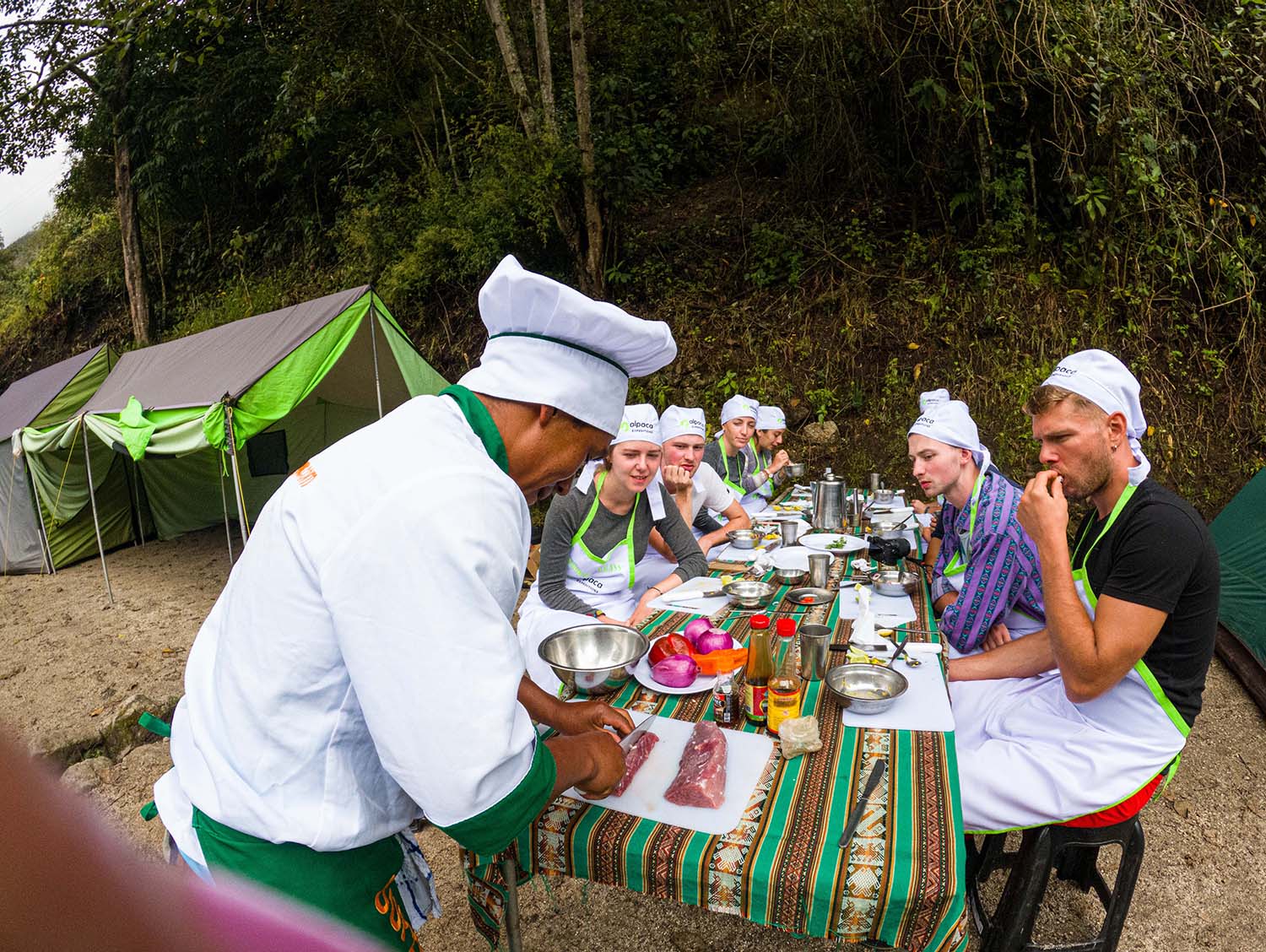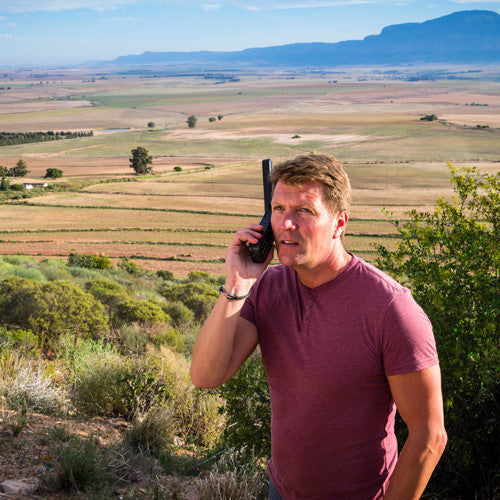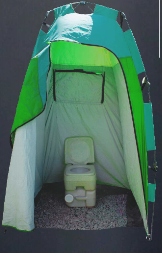Personal Porter of 7KG
Remember that Alpaca Expeditions offers an extra 7 kg allowance for your personal belongings on any of our tours. We include a personal porter who is responsible for carrying your duffel bag without any additional fee. You will not have access to your duffel bag until you reach your evening campsite. The bag should not exceed 7 kg, which includes 4 kg for clothes and 3 kg for your sleeping bag and sleeping mat.
When you visit our Alpaca Expeditions office, you will receive your duffel bags at your briefing. The porters will carry them and return them to you at each campsite. The bags measure 66 cm in length and 36 cm in width (approximately 2 ft long by 1 ft wide).
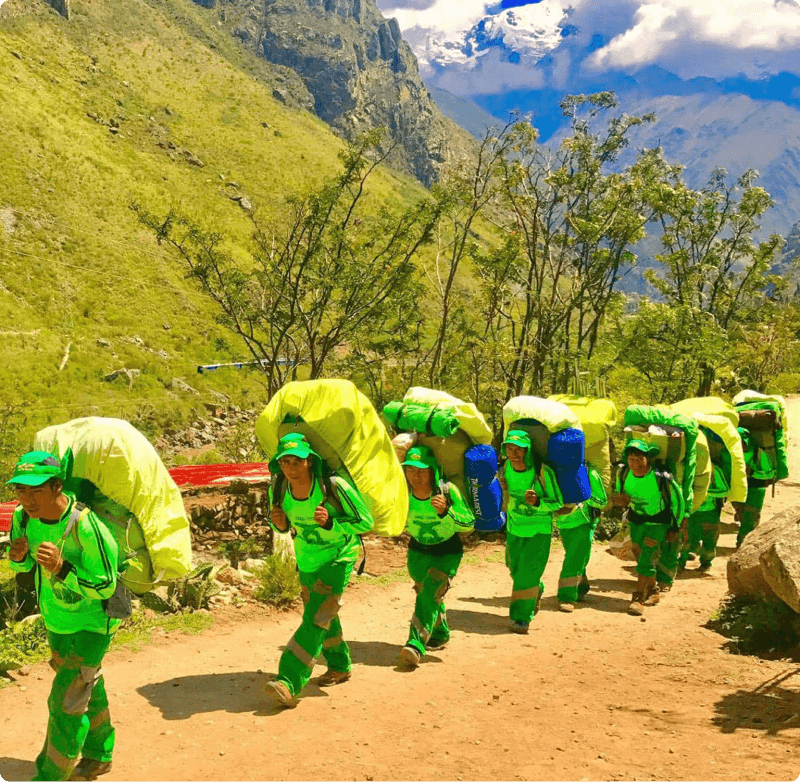 Porters will carry up to 7 kg of your personal items, which must include your sleeping bag and air mat (if you bring or rent one). From us, these two items weigh a combined total of 3.5 kg.
Porters will carry up to 7 kg of your personal items, which must include your sleeping bag and air mat (if you bring or rent one). From us, these two items weigh a combined total of 3.5 kg.
Each Alpaca Expeditions porter is paid directly after each trek, allowing them to return home more quickly. They receive better wages than our competitors, health insurance, and all their equipment free of charge, including hiking boots, pants, jerseys, fleeces, jackets, hats, flashlights, sleeping bags, and high-quality food. We ensure each of our porters has a comfortable bed in a pleasant room to sleep in before and after each trek. We also visit the communities they live in, providing toothpaste, toothbrushes, soap, and other necessary supplies to their families, along with books for their children.
This is just the beginning for us, and we are always looking for ways to do more.
While the government allows each porter to carry up to 25 kg, we limit this to 20 kg to prioritize their health and safety. Each porter carries up to 15 kg of company equipment and 5 kg of personal items. This is why it is crucial to keep your personal duffel bag weight under our 7 kg limit. You might see other companies allowing their porters to carry more than the allotted weight, but at Alpaca Expeditions, we strictly adhere to these limits to ensure our porters' well-being.
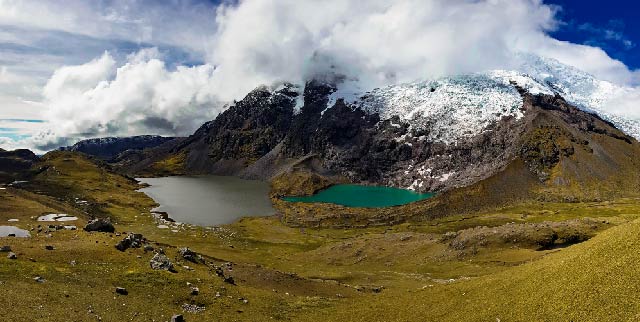

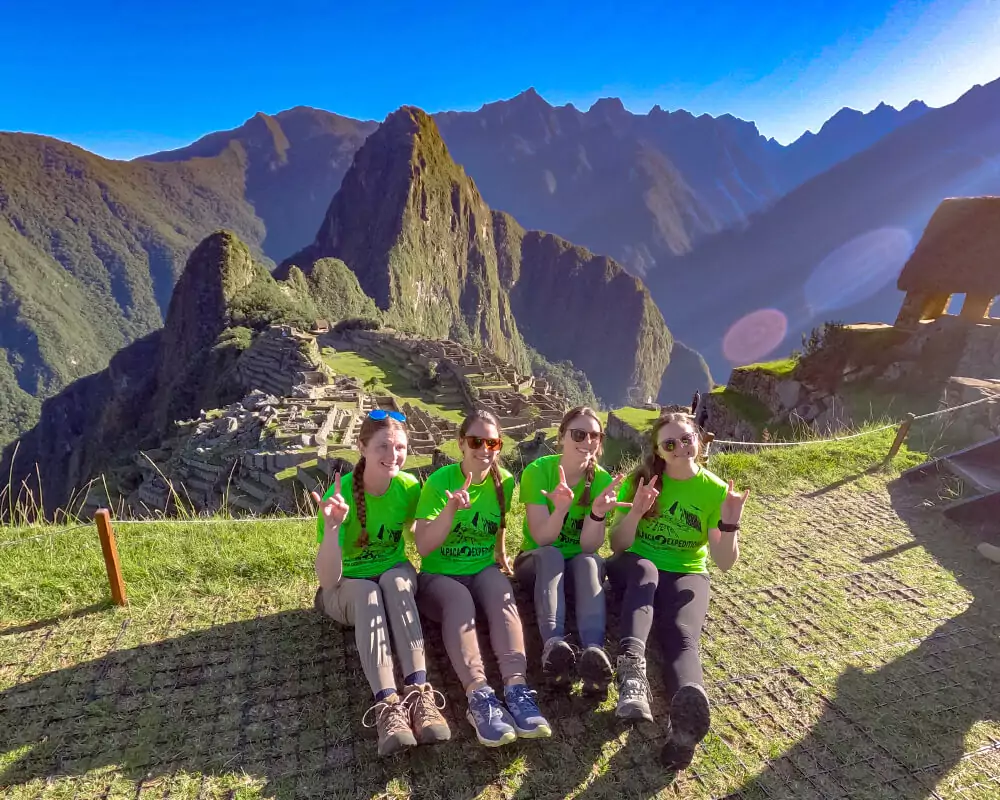
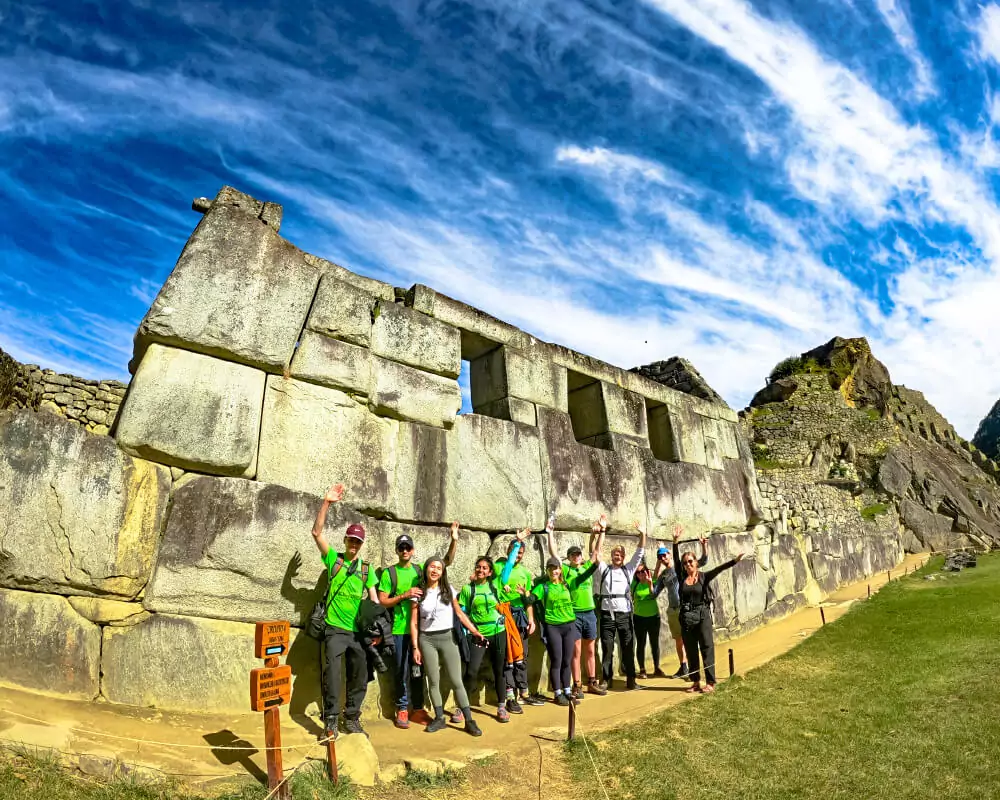
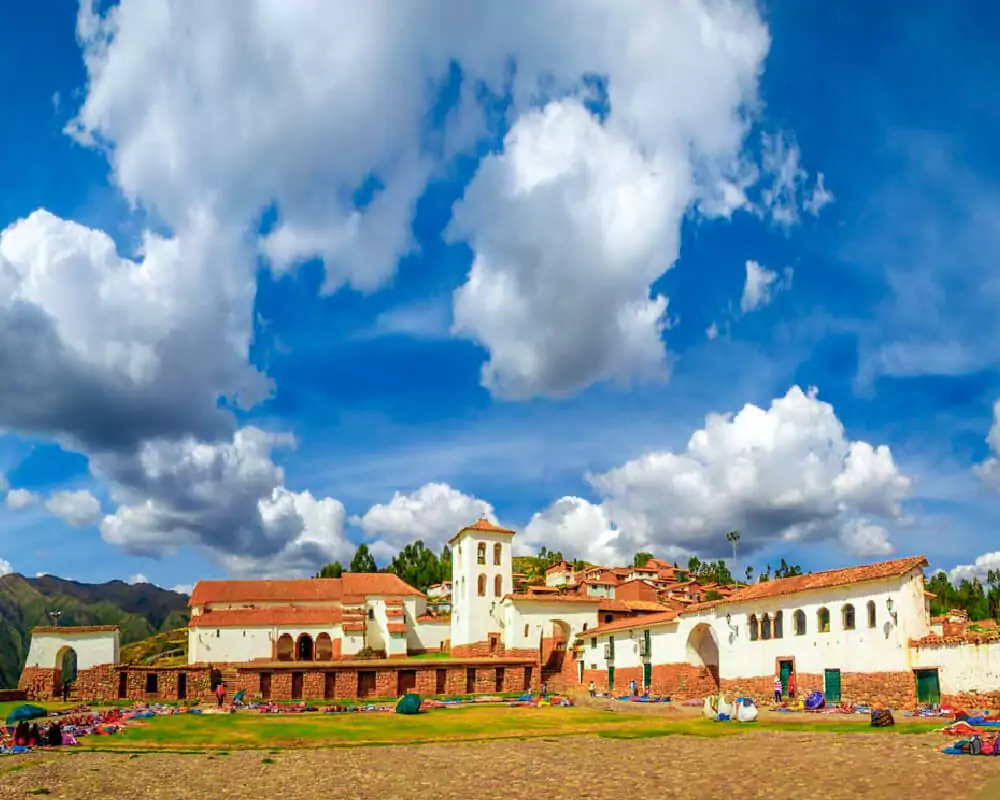
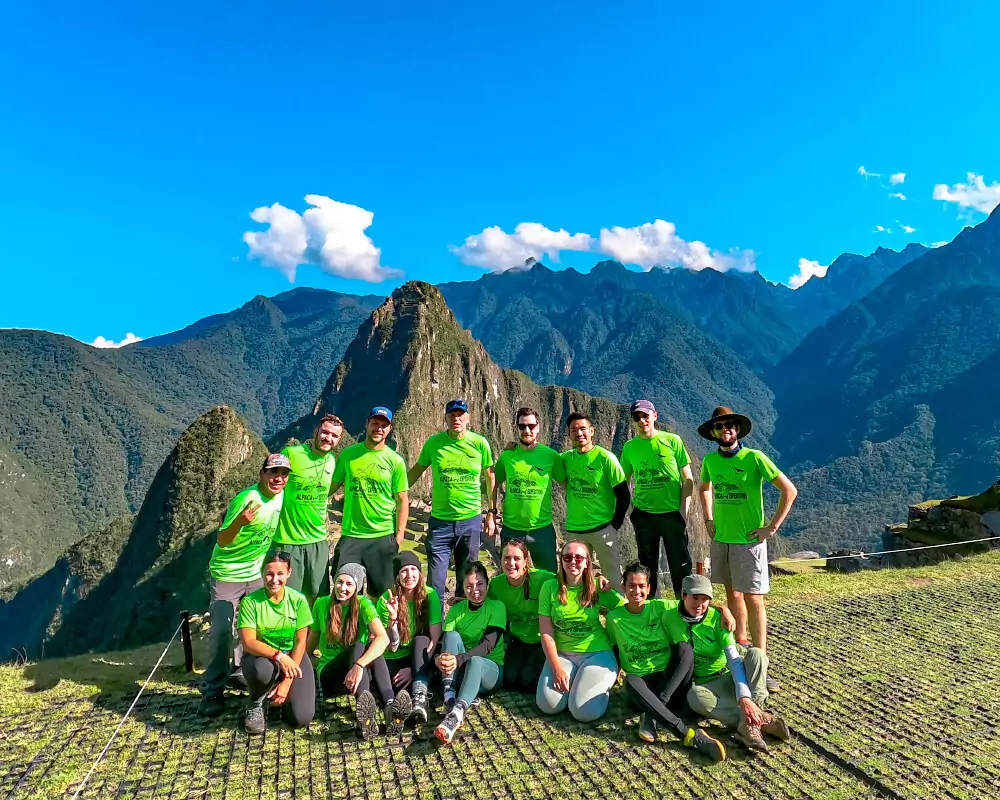
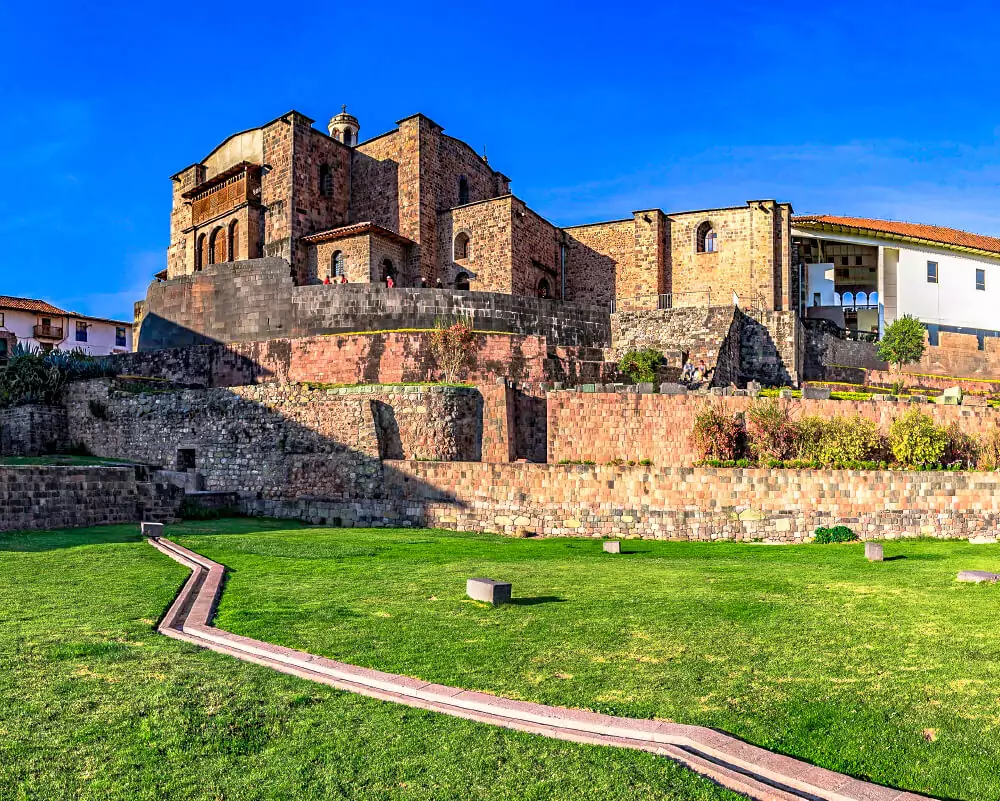
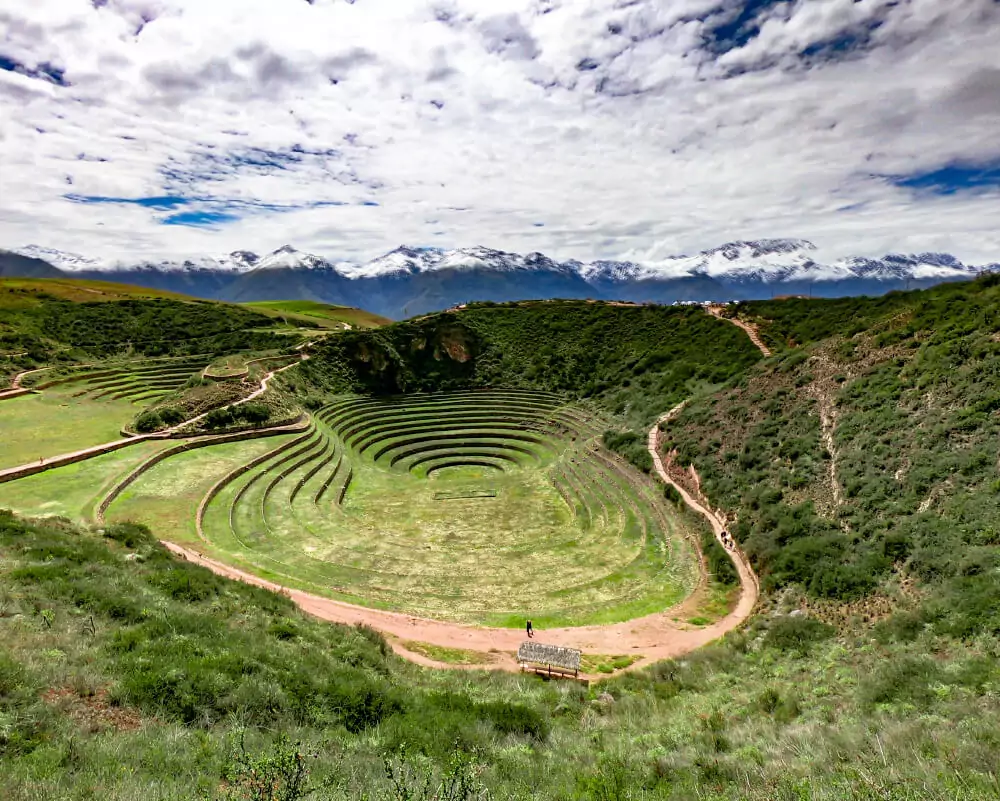
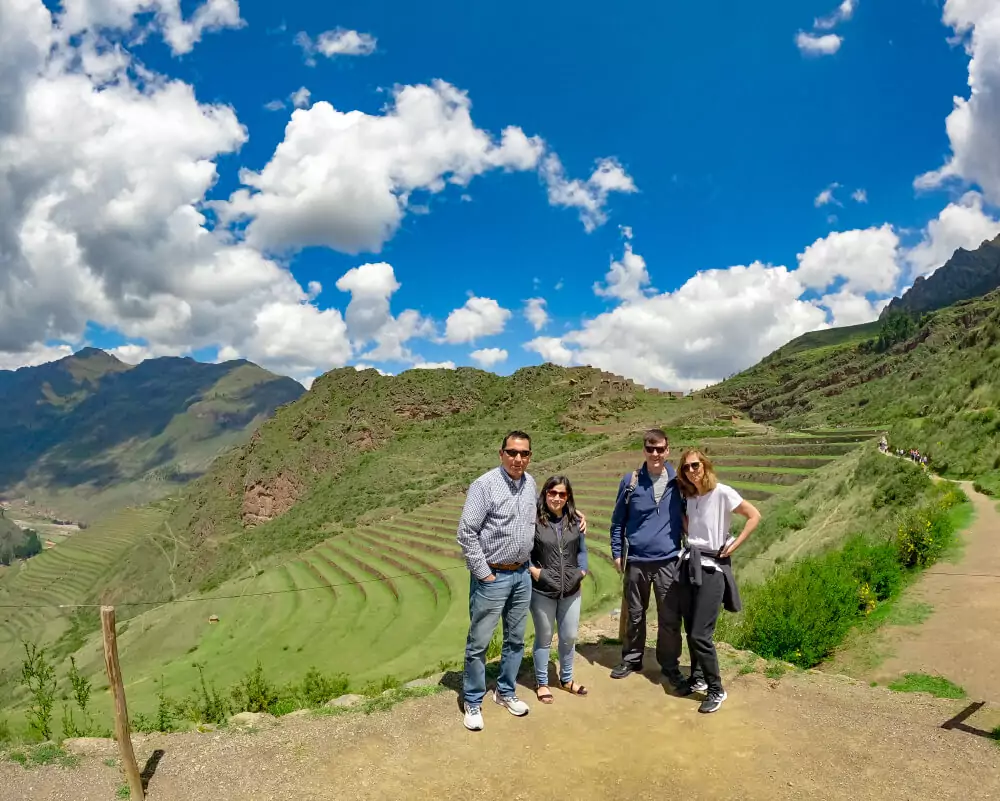


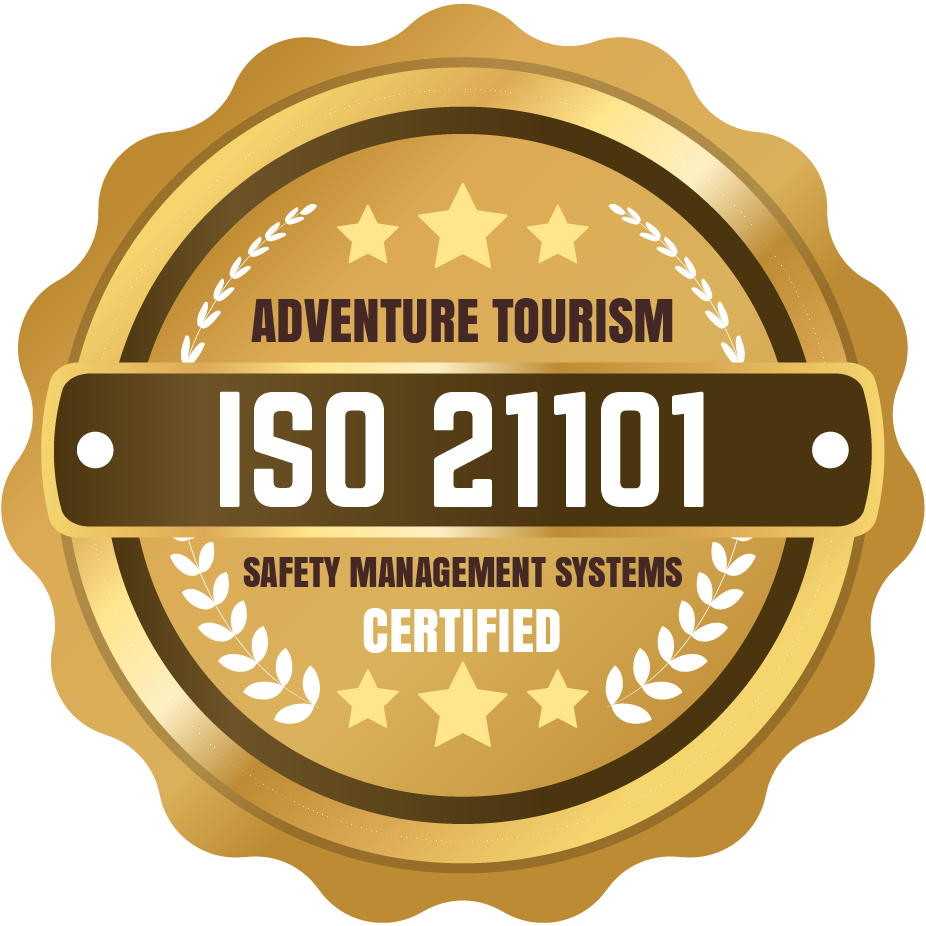
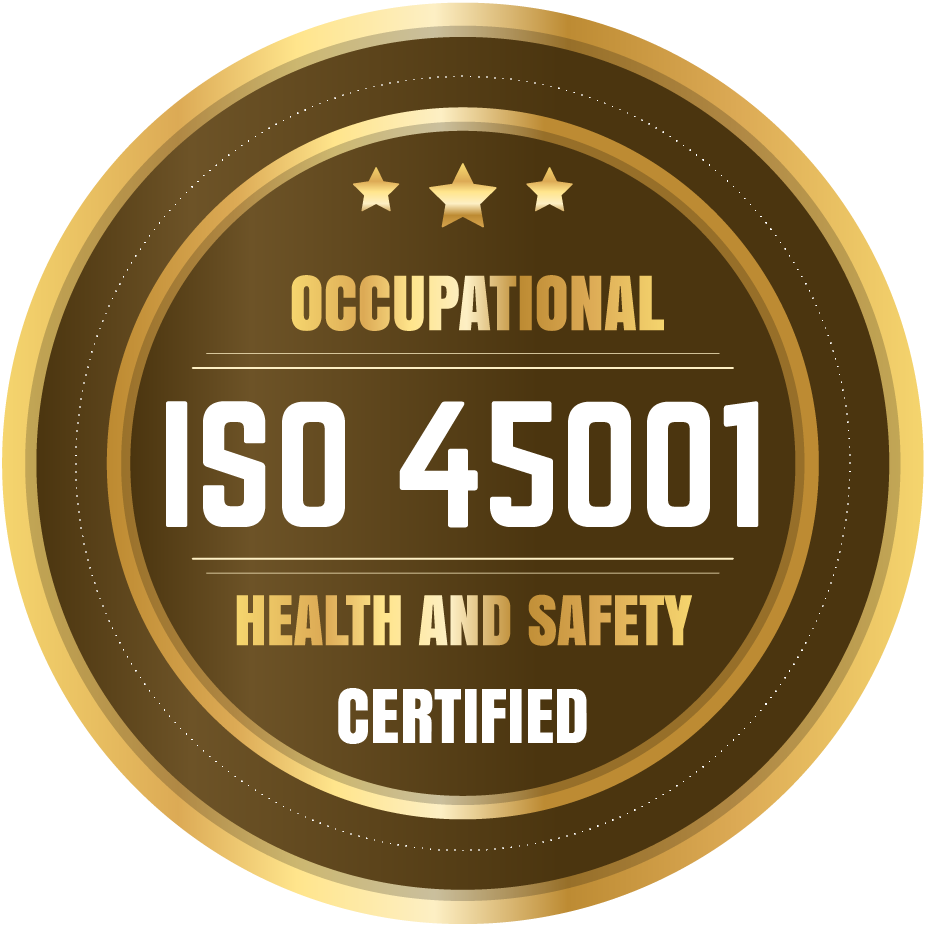
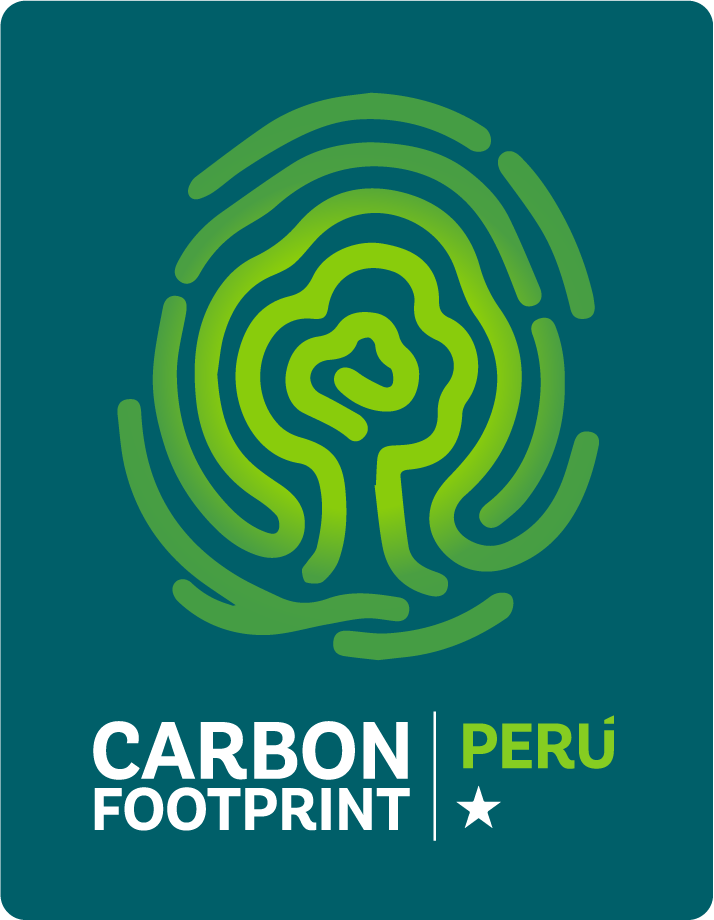
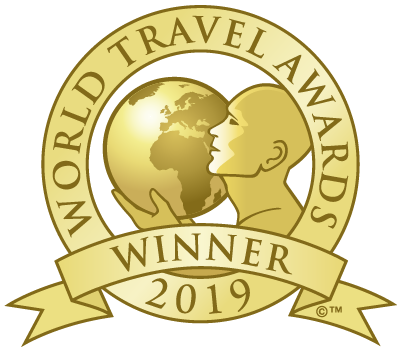
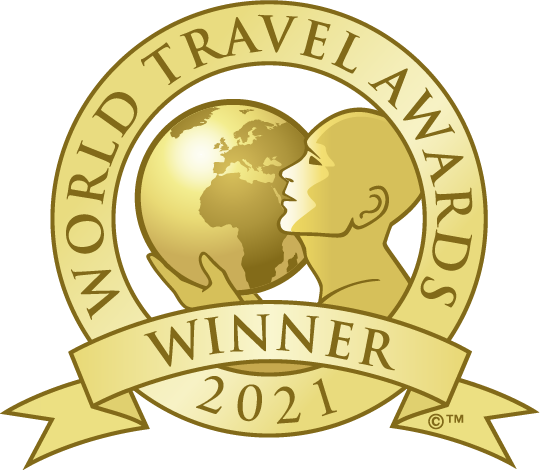











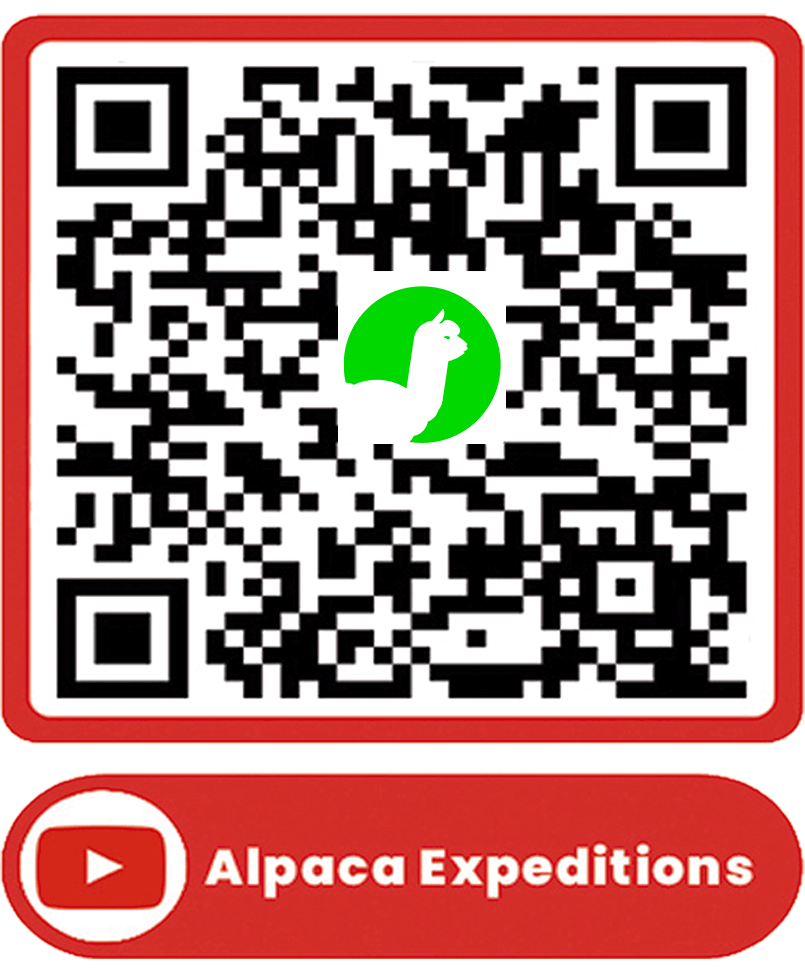

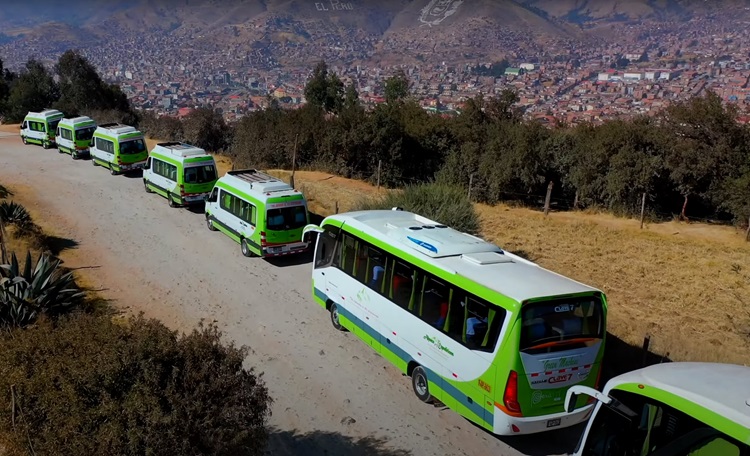
 Porters will carry up to 7 kg of your personal items, which must include your sleeping bag and air mat (if you bring or rent one). From us, these two items weigh a combined total of 3.5 kg.
Porters will carry up to 7 kg of your personal items, which must include your sleeping bag and air mat (if you bring or rent one). From us, these two items weigh a combined total of 3.5 kg.